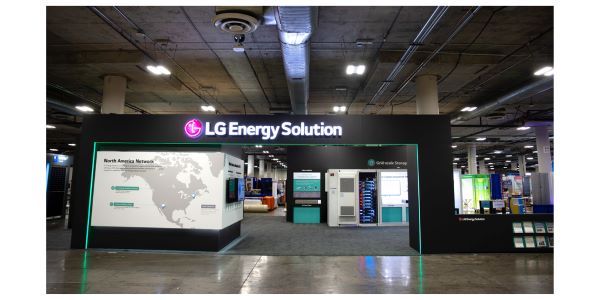And, yet, it isn’t even clear the government’s green agenda will do much of anything to lower emissions.
I recently had a chance to listen to Adam Waterous, the CEO of the Waterous Energy Fund and former Global Head of Investment Banking at Scotia Waterous. He is, I may add, an incredibly intelligent businessman who lives and breathes energy.
Waterous shared some surprising facts about EVs. For instance, he mentioned that it takes five times the amount of oil to build an EV than it does to build a conventional gas-powered vehicle. In order to offset this difference, a person must drive an EV 120,000 kms using the electrical grid; meaning, every time we build an EV, demand for oil goes up, not down. Further, an EV battery does not last the lifetime of the vehicle itself, crapping out in as little a eight years . This expands the EV’s carbon footprint even further as producing a single EV-grade battery emits over seven tonnes of CO2 emissions. All told, an EV has roughly double the production footprint of a conventional vehicle.
Still convinced we are saving the planet?
The B.C. provincial government is forging ahead with a set of policies that, as the Business Council of British Columbia put it, “its own modelling shows will make BC’s economy $28 billion smaller in 2030″ than it would be absent these policies. (To put this number into context, this is roughly what the province spends on health care each year). This will set prosperity back more than a decade. This remarkable finding emerges from looking beyond glossy government reports to the raw modelling results of the estimated economic impact of CleanBC policie s that are studiously ignored in its public communication materials.
Similarly, Alberta Electric System Operator (AESO) estimates the cost of achieving a net-zero electricity grid by 2050 to be nearly $200 billion, while the AESO Net-Zero Emissions Pathways report estimates that accelerating this timeline to 2035 could add an extra $45 to $52 billion. (That is without factoring in the costs of co-generation or the full distribution system and integration costs). Moving to net zero by 2050 will also eliminate 10,000 direct jobs in the oil and gas sector and an estimated 2.7 million jobs in total.
All provinces, and every Canadian household, will be impacted by the federal emissions reduction strategy. However, no province will be impacted more than Alberta. The current federal modelling used to develop the clean electricity regulations (CER) does not properly represent Alberta’s Electricity Market and thus is unable to adequately forecast the economics of energy production. Canada’s proposed emissions intensity limit effectively requires natural gas backed power plants to sequester an annual average of 95 per cent of all associated emissions through carbon capture utilization and storage (CCUS) or other technologies. As of writing, no natural gas generation with CCUS modifications has ever hit this mark.
The CERs create significant investment risk for CCUS projects as the physical standard for the technology is unproven. Adding insult to injury, the federal government is proposing a 20-year end-of-life for natural gas facilities built prior to January 2025. This will result in some of the cleanest gas plants in the world being shut down decades before they run their useful life; all while Asia continues to burn coal at a record pace .
Canada is about to enter a world of self-inflicted economic pain at precisely the time that Indigenous communities are finally starting to harness their resource wealth. We finally made it to the corporate table where we have a seat, a say and ownership – and now the federal government wants to take it all away. How is that for bad timing?
Without reliable and affordable energy, Canadians will be left choosing between shelter, food and keeping the lights on. I don’t know about you, but I will not follow those politicians and organizations driving our climate policies to extremes, into ankle deep water, but I will listen to and follow serious people like Adam Waterous.
The goal for Canada should not be to eliminate fossil fuels. The goal needs to be a steady and manageable reduction of emissions. We must get our ethical and clean energy out to the world. Our economic future depends on it.
Chris Sankey is a former elected Councilor for Lax Kw’alaams Band, businessman and Senior Fellow for the Macdonald-Laurier Institute.
Share This:




